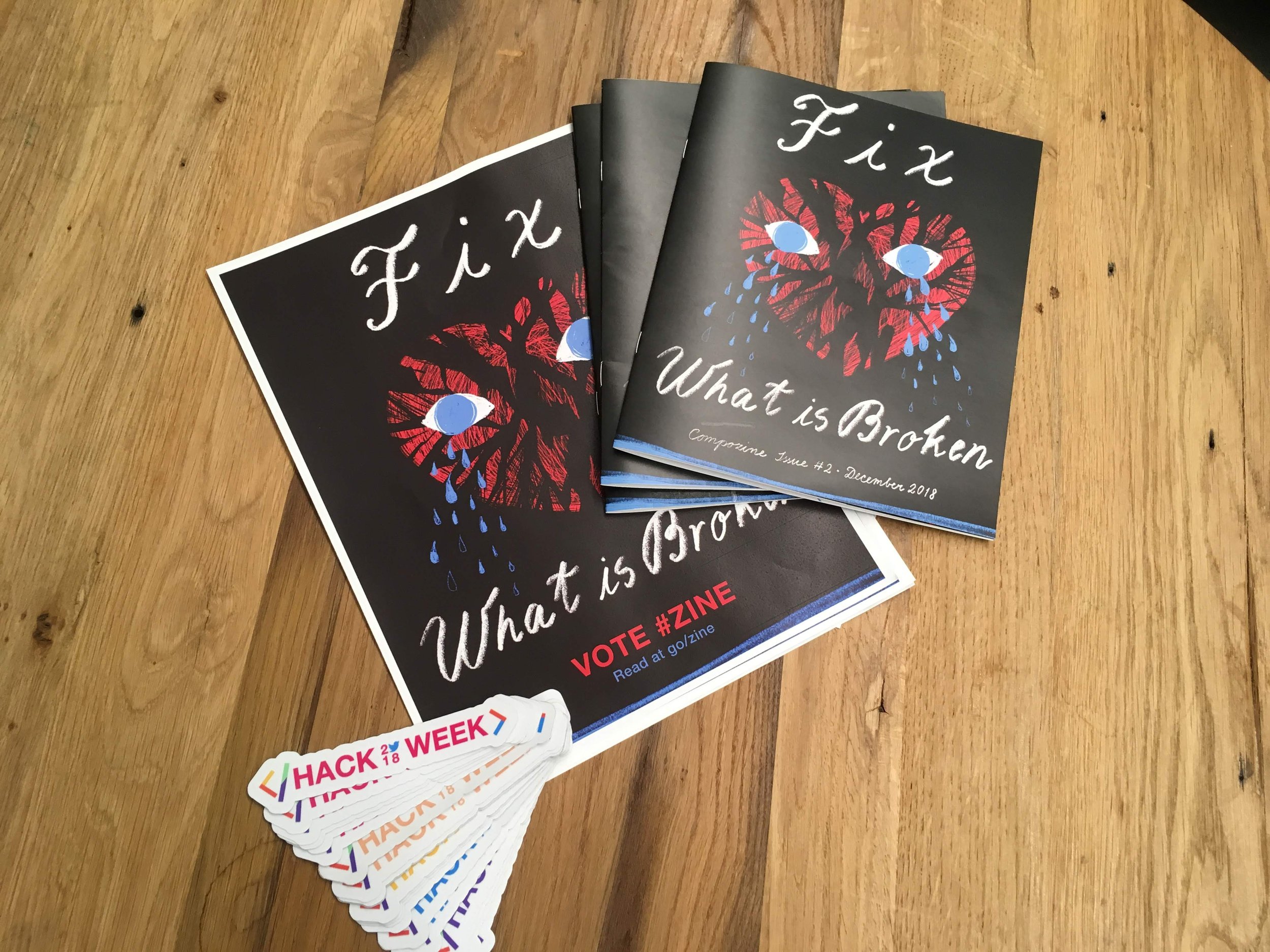Slaves & Bulldozers
31 January 2023
I was listening to This Woman’s Work today, a great collection of essays on music, and about halfway through, a transcribed interview between Kim Gordon and Yoshimi Yokota called “Music on the Internet Has No Context” popped up. I feel like their conversation is a continuation of some of the ideas I was trying to articulate after the SunnO))) shows earlier this month. So, I want to flush out a couple of ideas from earlier and build on some of the musical analogies I have already stretched — probably — too far.
In the interview, Yoshimi talks about the different ways she contributed to the bands she was part of, most notably Bordems. Although she discovered at a very early age that she had perfect pitch, Yoshimi basically rejected the formal musical training of her youth, preferring to feed off of the energy of the audience and her bandmates on any given night to come up with both what she played and how she played it. For some shows, she was even borrowing another drummer’s equipment, and admitted she wouldn’t even change the heights or positions of the kit. Instead, Yoshimi would use the creative restraints in front of her to work in her favor. It’s a version of an idea I’ve mentioned before about coming up with these posts, but I recently came across this Michale Cain interview which puts it even better:
“Use the difficulty.”
Now, I understand this may be a leap, but all of this talk of adaptation seems not only to be timely for me, but also a reminder of how much I’ve learned since the first time I tried managing a team. Hoo, boy, was I a terrible manager that first time out. And I’m admitting it to you now for a couple of reasons:
Please, learn from my mistakes.
If your current manager is mirroring the errors of my ways, find a better manager.
I started running the production team at WFSU–FM after being a producer there for years. This was back in the days when we thought that proficiency in your role meant you could manage a team of people doing that same job. So, I took that mindset and ran with it, trying to get the rest of the team to work like me, make the choices I would make, and hold themselves to the same standards I held myself to. There was no room, in my mind, for doing things differently because I had been so successful doing them my way. Why on Earth would anyone want to do them differently? Seriously, looking back, I was a terrible manager. I feel like I still owe apologies to Ken, Danny, and Aimee (and maybe even that asshole, John) every day since.
But let’s focus, shall we? Another management tactic I thought was important was to treat everyone the same. That way, there would be no question of favoritism or bias. Everyone got the same kind of direction, attention, and support. Consistency, the path to success! Do I have to tell you I lasted less than a year in that new role? Again, I was a terrible manager.
Thankfully, I have had great managers since then. Managers who I can not just emulate, but could learn from. It’s been a while since I’ve led a team, but I love thinking about doing it again, taking my experience on both good and bad teams, and crafting one where people are encouraged to explore their strengths and passions, while they’re coached and guided in the areas where they want or need some help. If I think about each team member as a part of a band featuring Yoshimi on drums, then we can all take the temperature of the room, assess our own strengths and talents, and put them all together to give the best damn show each and every day.
As I look at my unwritten future, both musically and professionally, I can’t tell which I miss more, building a team to solve important user problems, or putting a band together to create something entirely new and unexpected. And if I mentioned either of those ideas to the high school junior in the Alf t-shirt playing guitar on the left in the image at the start of this post, he'd probably be a bit shocked. One thing’s for sure, though, I want to do more of both in 2023. If you want to help, please drop me a line.
See you tomorrow?

